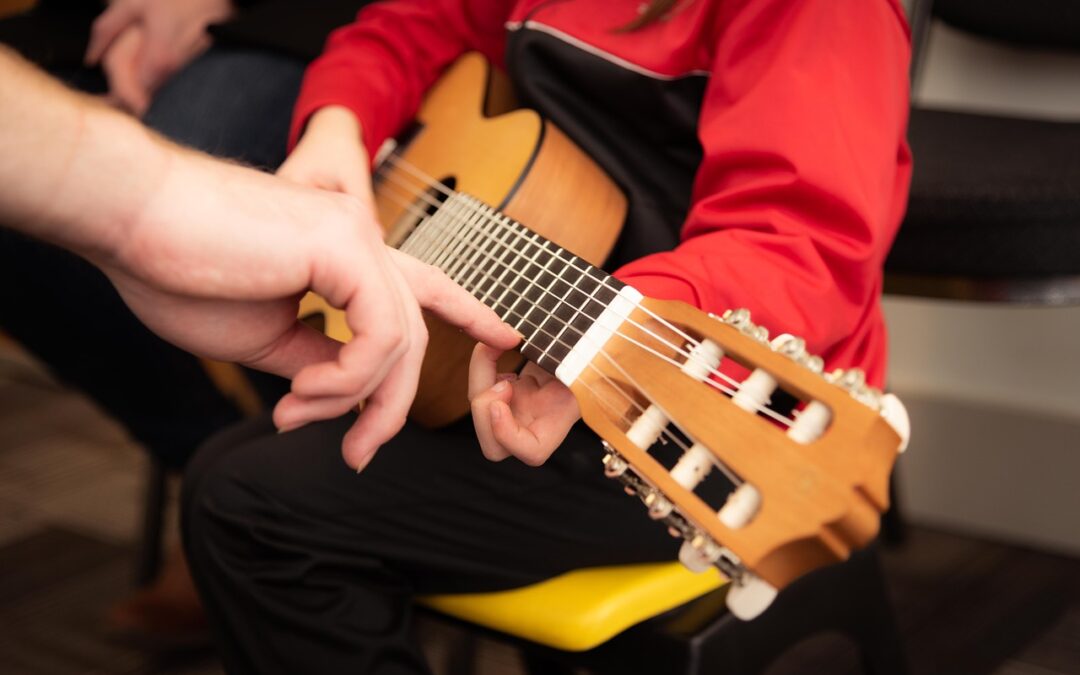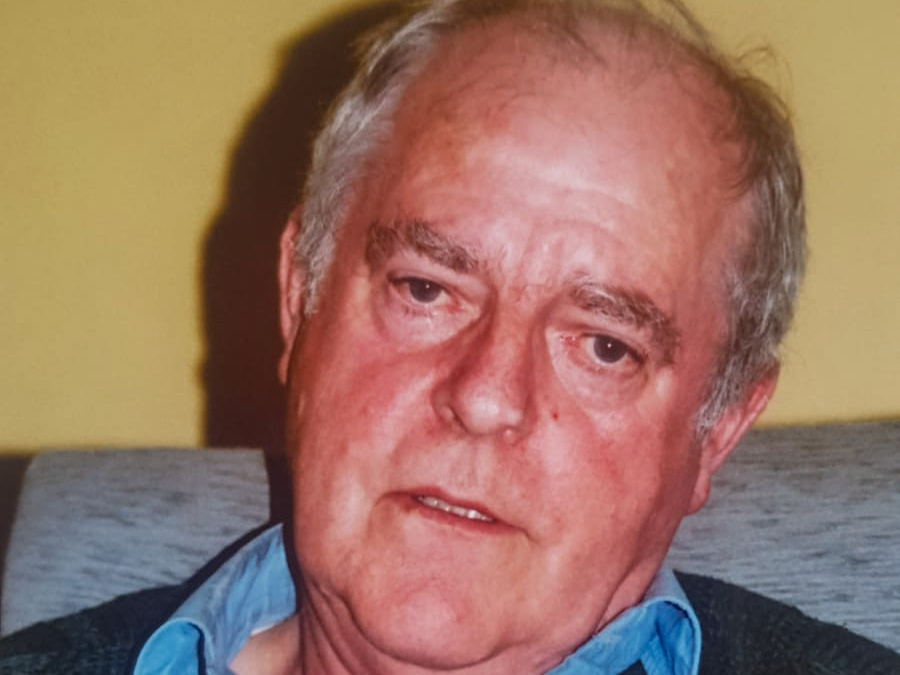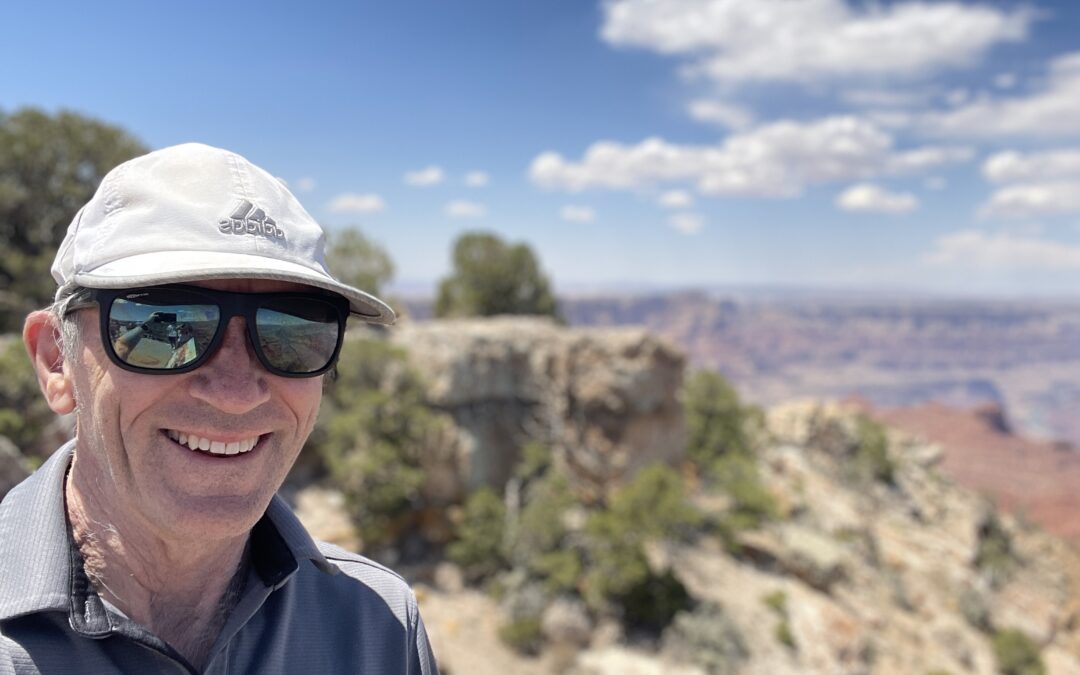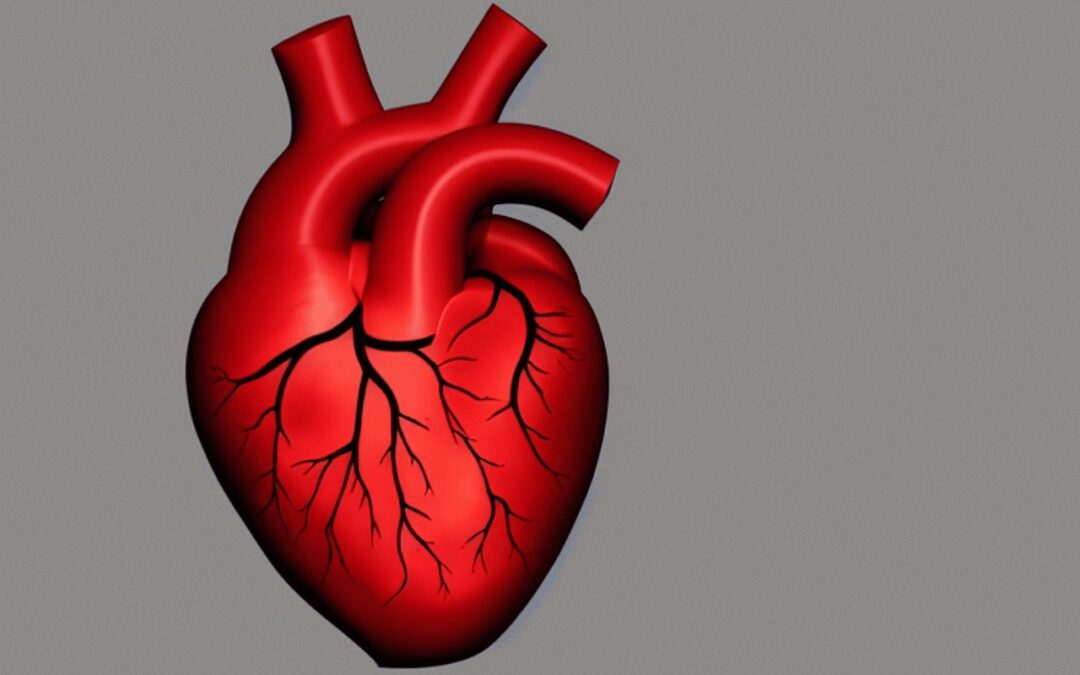
Guitar Lessons and Self-Realisation!
Guitar Lessons and Self-Realisation!
Guitar Lesson
During the COVID-19 pandemic, I started learning guitar online. It wasn’t live classes, but pre-recorded online classes. I really enjoyed them, and I studied and practiced diligently for a few years. Then, it occurred to me that I was almost finished with the course, and I didn’t know what to do next to learn more. I emailed the class teacher, Doctor McAllister, asking for his advice on the subject. What he said was that he would be in my area in a few weeks, and that he would be happy to meet me and have a class together. Although I was nervous about it, I accepted the suggestion. A few weeks later, we met and started the class.
I thought we would probably play songs together over and over again, until I could play it really well. But that wasn’t the case at all. He only asked me to play a song a few times, while he played rhythm guitar as accompaniment. Then, we stopped and this is what he said to me:
“You can learn and play songs, so we don’t need to spend time on that. It’s time for you to learn techniques, so it will be easier for you to improve and reach the next level.” Then, he showed me that my left hand was not in the correct orientation on the fretboard, but it was tilted. He was right, and although it was easy for him to see, I hadn’t noticed it before.
“Your muscles are too tight, Michael, and it’s hard to have facility of style without loose muscles. So relax before you play!” said Dr. McAllister.
Insight
That caught my attention right away, as my wife had recently said the same thing to me. We had been on a bus trip for a few weeks – something I was nervous about beforehand, as I get motion sickness quite easily. Fortunately, I didn’t have much of a problem with it this time. But my wife noticed something when the bus was rocking back and forth. “You’re fighting the motion of the bus, and you’re tensing instead of just letting go. You’ve got tight muscles not just on the bus, but all the time, and that’s not a good thing. You need to do something about that!” she said.
Both my wife and my guitar teacher were clear that I had a problem with stress, but what on earth could I do about it?
Recommendation
I asked ChatGPT (Artificial Intelligence) what the best way for me to relieve physical tension and mental stress was, and here is the answer I got back (which I have edited):
The best way for you to relieve physical tension and mental stress is to do deep breathing combined with movement – for example, yoga, tai chi, or mindful walking.
- Why? Gentle movement is combined with controlled breathing - which releases muscle tension and reduces stress levels in the mind.
- How to do it? Choose an activity that brings a natural rhythm to your breathing and movement - which will allow your body and mind to connect together in a state of relaxation and balance.
If you had to choose one, mindful walking is the simplest and most effective option.
Crazy Old Man
One day, when famous investor Marc Andreessen was driving in Palo Alto in Silicon Valley, he almost hit a crazy old man crossing the road. Looking back, he noticed the man was wearing a turtleneck and blue jeans. “Oh my God, I almost hit Steve Jobs!” Andreessen said to himself. He was right. Jobs was walking near his company - Apple. He was famous in the area for the long walks he would take. He believed that there were great benefits to walking – for exercise and meditation, for solving problems, and even for holding business meetings. He was right, and experts agree that walking has these benefits.
I hope you don't think I'm crazy, walking every day like Steve Jobs, or Forrest Gump! But despite that risk, I will continue with the same walks, because they are already doing me good, no doubt. The walks get rid of physical and mental stress, and if you have stress of any kind, put on your shoes and go for a walk!









